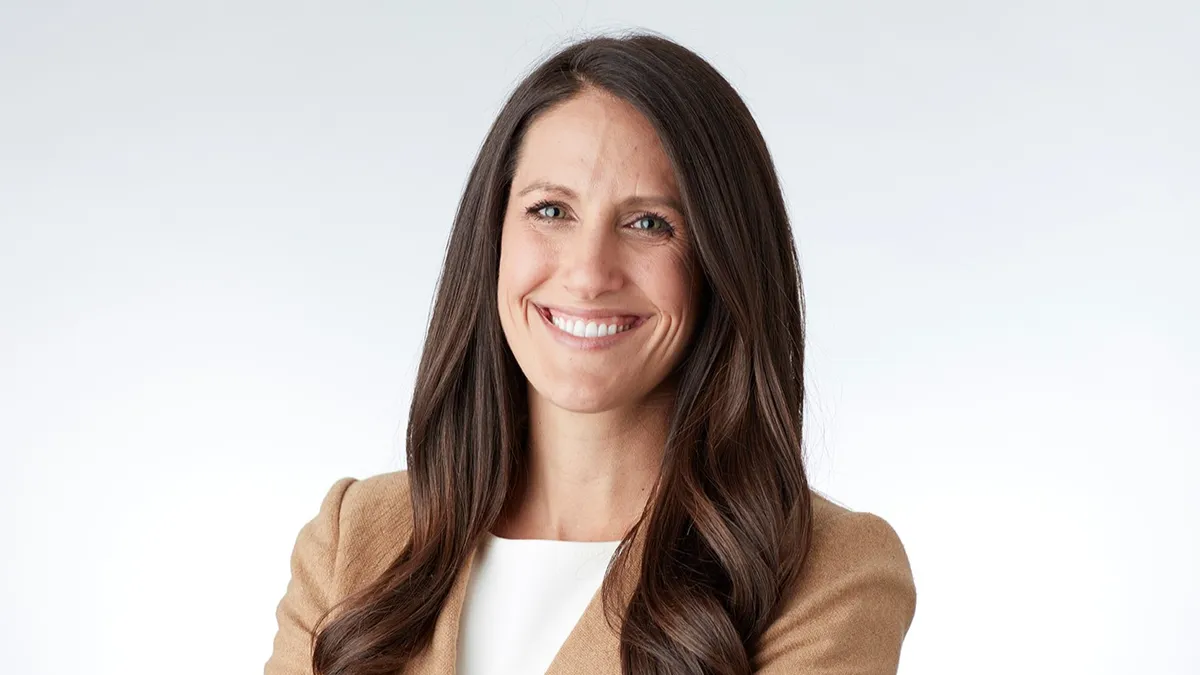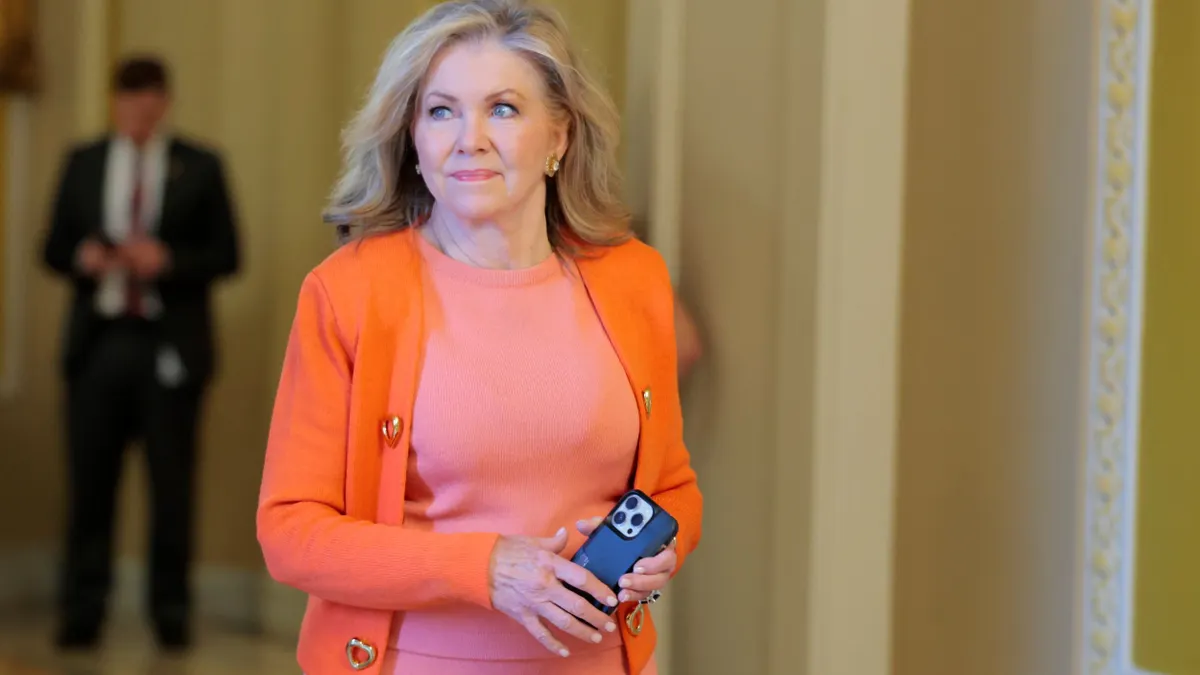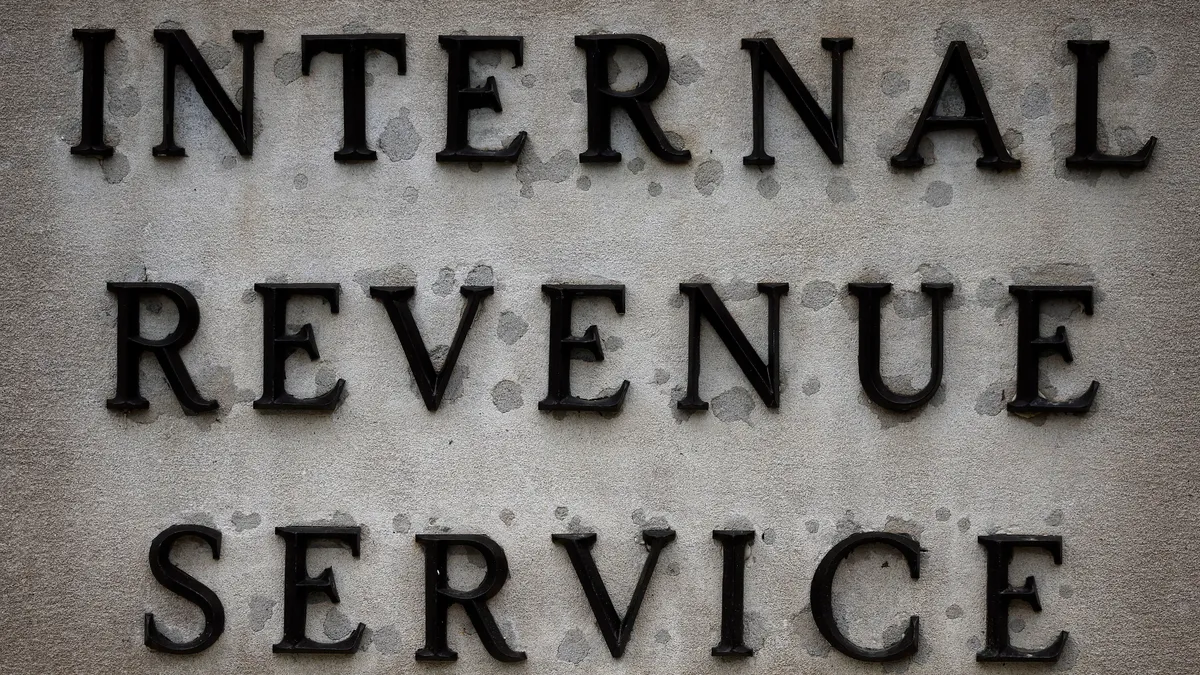This year will be a "wartime" for business, Alyssa Filter, CFO of sales forecasting platform Clari, told CFO Dive last week. The economy, according to the National Bureau of Economic Research (NBER), entered a recession in February, and an unclear path remains toward a return to normalcy.
In the meantime, Filter, like many CFOs, is trying to guide her company through the uncertainty without risking the company's balance sheet or long-term ambitions. Filter started as a public accounting auditor with venture-backed tech companies and has been CFO of Clari since 2018.
The company, an AI-based revenue operations platform, facilitates the end-to-end revenue process, providing real-time visibility to clients, predicting pipeline, and monitoring the health of current and future quarters.
When it comes to moving her business forward, Filter draws on her auditing experience. She maintains three fundamental keys for CFOs to follow: over-communicate with the board, have a comprehensive liquidity plan, and start replanning (if you haven't already).
Keeping the board in the loop
Over-communicating with the board is particularly important, Filter says.
"I've always seen the board as an extension of the management team, and it's important to leverage their collective brainpower," she said. "We went through a replanning process as soon as the stay-at-home order came around. I remember thinking that, as the week went on, immediately after the order, companies did their best to react as quickly as possible, and the board's sentiment changed during that time."
Because Clari maintained that open line of communication with its board, Filter said, it was better able to react rapidly and successfully execute on its operating plan.
Have a liquidity plan
"A plan is a must," Filter said. "For startups, it could be raising money; for others, it could be the option of debt or a PPP loan. But the key is to have a comprehensive plan."
Filter says Clari is very fortunate to have raised capital early. It closed its Series D round last fall, and as a result is not in desperate need of capital.
"As CFO, I've always had a financial philosophy of COD: Control Our Destiny," Filter said. "This means, whatever point we’re at, we have this lens of controlling our destiny. Whether it’s five months or five years of runway, we make decisions on investments to ensure long term company success."
Additionally, Clari has always kept a debt facility open, even when it didn't need one, because the executive board didn’t want to be caught unprepared should there be a change in the macro environment. "Even if we had plenty of cash coming out of fundraising, we stay on top of debt facilities," Filter said of the decision.
Start replanning (if you haven’t already)
All 2020 plans are virtually shot. Companies are going back to the drawing board. The questions are: how aggressive should you be, given the uncertainty? How deep do you make your cuts? How does that affect morale?
Filter encourages CFOs to explore "all scenarios."
"And if you have the ability to do so from a balance sheet perspective, make sure you don't cut back too far, or set yourself up for success in future," she said.
When she did Clari's scenario planning, Filter allowed for a wide range of 2020 outcomes.
"If we feel winds are shifting in Q1 or Q4, we didn't make such drastic changes to our functions that would take a long time to build back up," she said. "We also challenged all our assumptions, listened to our investors, and thought of a wide range of outcomes, and how they may impact our bottom line."
Even in a worst-case scenario, Filter wants to "keep a little buffer in [Clari’s] system, so we’re not coming from behind when market adjusts back to normal."
Eyes on KPIs
In order to carry out each of these pointers, Filter relies heavily on several KPIs across all departments.
"As a subscription software company, I think the major KPIs we're tracking right now are sales cycles and conversion rates, always with a lens on acquisition costs and payback period," she said. "We don't want to over-optimize, but we make sure the long-term sustainability of the company and our deal structure support those things."
"CFOs are often thinking through how to scale back and preserve capital, but again, depending on balance sheet and capital, it's equally important to consider where and how you invest," Filter said.
"If you’re able not to cut back too far, there's also areas you can accelerate investments, and make bets on yourself. Coming out of an economic crisis, we’re focused on investing in areas that will help us scale over the long-term," she said.






















